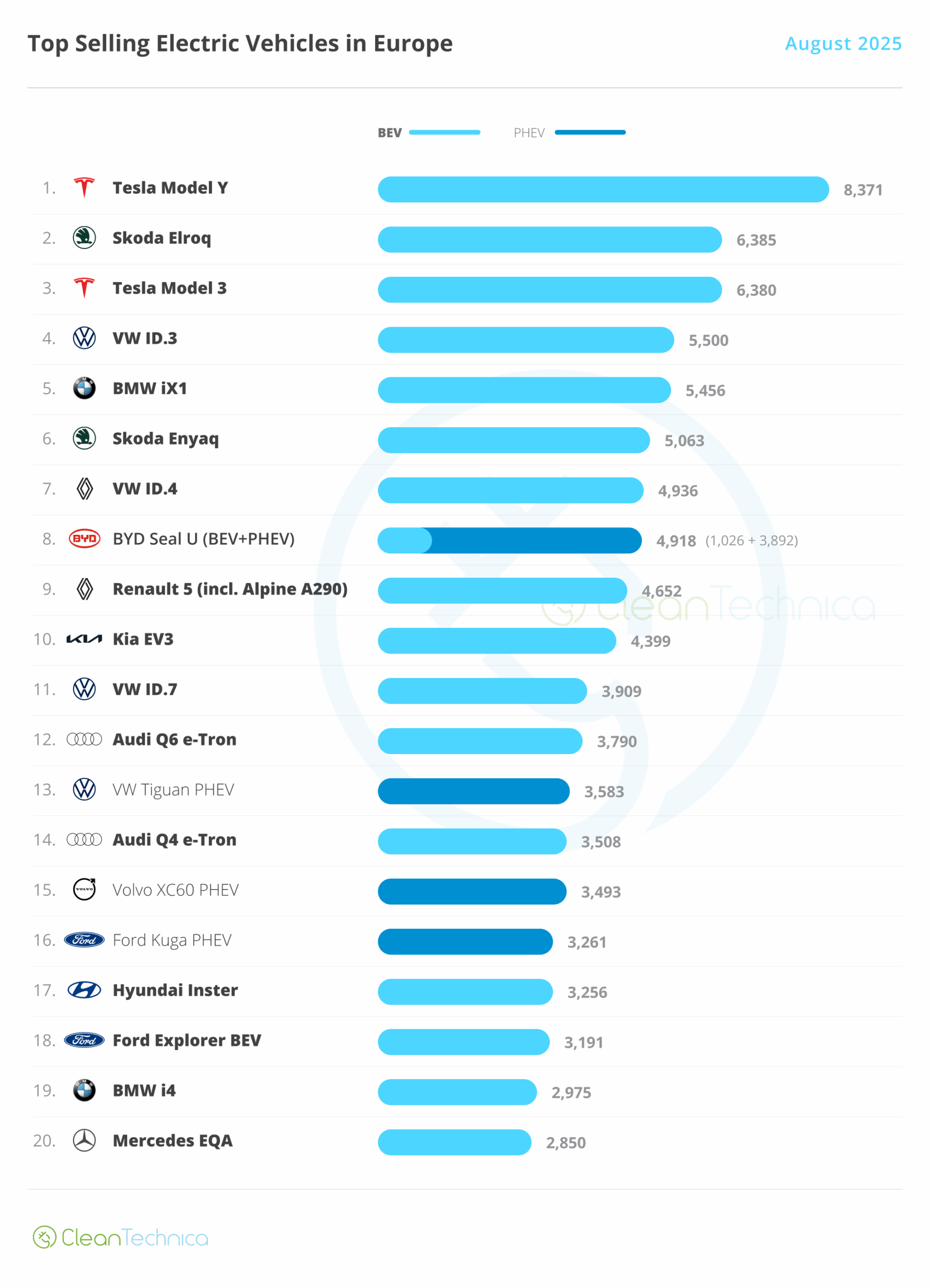
Sign up for daily news updates from CleanTechnica on email. Or follow us on Google News!
The urge to paint China as the next threat to the so-called Free World, now that the Soviet Union is no longer the whipping boy for American paranoia, was ratcheted up another notch this week when the US placed two of China’s largest companies — CATL and Tencent — on a government blacklist at the request of the Defense Department. Both companies are alleged to have close ties to the People’s Liberation Army, a suggestion both vigorously deny.
According to Bloomberg, CATL — a major supplier of batteries to Tesla — and Tencent have now been included on a list published in the Federal Register of entities deemed to have ties with the People’s Liberation Army. Both companies protested their inclusion as a mistake, saying they have no ties with the military.
The blacklisting threatens to escalate tensions between the world’s two largest economies. While the Pentagon’s blacklist carries no specific sanctions, it discourages US firms from dealing with its members. CATL supplies not just Tesla but also many of the world’s biggest automakers, including Ford, Stellantis, and Volkswagen. Its inclusion may disrupt those relationships just as Washington and Brussels are sounding the alarm about China’s growing dominance in the electric vehicle sector, Bloomberg says.
The Pentagon’s blacklist is designed to identify companies that are either controlled by the Chinese military or serve to further the so-called civil-military complex — an alleged fusion of PLA and business interests designed to bolster China’s defense industrial base. It is unclear whether either company deals regularly with the PLA. Beyond direct ties to the government, US officials have pointed to laws that require Chinese companies to share information with Beijing on matters deemed relevant to national security. In August, Senator Marco Rubio, who has been nominated to become Secretary of State in the next administration, asked the Pentagon to target CATL because of its potential to become a vital supplier to the PLA.
The Pentagon also named SenseTime Group and Changxin Memory Technologies, singling out Chinese makers of memory chips that are considered crucial to Beijing’s semiconductor and AI development endeavors. It also added oil major Cnooc and Cosco Shipping Holdings, both of which have been previously targeted by Washington. Shares in both companies fell sharply on the Hong Kong stock exchange. “While we understand the market’s panic reaction, we also believe the inclusion in the list does not necessarily suggest that there is sufficient evidence to confirm the decision was the correct one,” Citigroup analyst Alicia Yap wrote.
Tencent is China’s most valuable company, with enormous investments in or deep ties to developers ranging from Fortnite to Activision Blizzard. The company, founded by billionaire Pony Ma, is considered one of the pioneers of the internet and the private sector in China, creating a so-called “everything app” that Elon Musk has held up as a model for X. During the first Trump administration, the US government sought to ban WeChat — a messaging service that’s evolved into a payment, social media, and online services platform — on grounds that it jeopardized national security. On Tuesday, China’s Foreign Ministry again condemned US sanctions and vowed to defend its companies’ rights. “We urge the US to immediately correct its wrongdoings and end the illegal unilateral sanctions and long-arm jurisdiction on Chinese companies,” ministry spokesman Guo Jiakun told a regular press briefing in Beijing.
Sanctions Won’t Slow Down CATL
CATL accounted for more than a third of all global battery shipments in the third quarter of 2024, according to SNE Research in South Korea. That is more than double the market share of the second largest battery company in the world, BYD. Several US companies, including Ford, source the batteries for their electric cars from CATL. Ford has begun cutting orders from battery suppliers, while CATL is exploring ways to avoid tariffs by licensing its technologies to the likes of Ford and General Motors.
Two years ago, Governor Glenn Youngkin of Virginia pulled a political stunt when he thumped his chest, puffed out his cheeks, and declared that there would be no battery factory in his state owned or operated by godless Chinese companies like CATL. That tempest in a teapot led Ford and CATL to relocate their proposed factory to Michigan, where it is only slightly more welcome. The two companies jumped through multiple hoops to make it clear that CATL would not own the building, the land, or the equipment inside. Ford would license the battery manufacturing technology from CATL, which would send some engineers to train American workers. But now even that plan may be in jeopardy and those Chinese engineers may be as welcome in Michigan as Haitian refugees are in Springfield, Illinois.
Last year, the Marine Corps proudly announced it had installed a new battery energy storage facility at Camp Lejeune. Then it came out that the battery cells for that installation were supplied by CATL, and all hell broke loose. The Democrats passed the IRA, which contained incentives to create an American battery manufacturing and supply chain, without a single Repugnican vote, but that didn’t stop the Red Team from screaming at the top of their lungs because American-made battery cells were not selected. Where they expected them to come from was never mentioned. How convenient.
CATL immediately responded to being blacklisted by saying it was “a mistake” to include its name on the Defense Department list. It said in a statement that it’s not engaged in military-related activities, was privately founded and became a publicly listed company in 2018. “We are not a military company or supplier,” a Tencent spokesperson said. “Unlike sanctions or export controls, this listing has no impact on our business. We will nonetheless work with the Department of Defense to address any misunderstanding.”
Some Chinese firms have successfully fought to get removed from the US list. In 2021, smartphone giant Xiaomi Corp. managed to reach an agreement with the US government that set aside its designation as a Chinese military company. Last year, Advanced Micro-Fabrication Equipment was removed, doing away with a label the firm described as an “irrational” designation.
The Chinese military company list stems from an order signed by Trump in late 2020 that barred American investment in Chinese firms owned or controlled by the military. It was part of a broader effort to rein in what the US had described as Beijing’s abusive business practices. The Defense Department noted in the Federal Register filing that companies included on the list are entitled to request reconsideration.

Chip in a few dollars a month to help support independent cleantech coverage that helps to accelerate the cleantech revolution!
Have a tip for CleanTechnica? Want to advertise? Want to suggest a guest for our CleanTech Talk podcast? Contact us here.
Sign up for our daily newsletter for 15 new cleantech stories a day. Or sign up for our weekly one if daily is too frequent.
CleanTechnica uses affiliate links. See our policy here.
CleanTechnica’s Comment Policy



